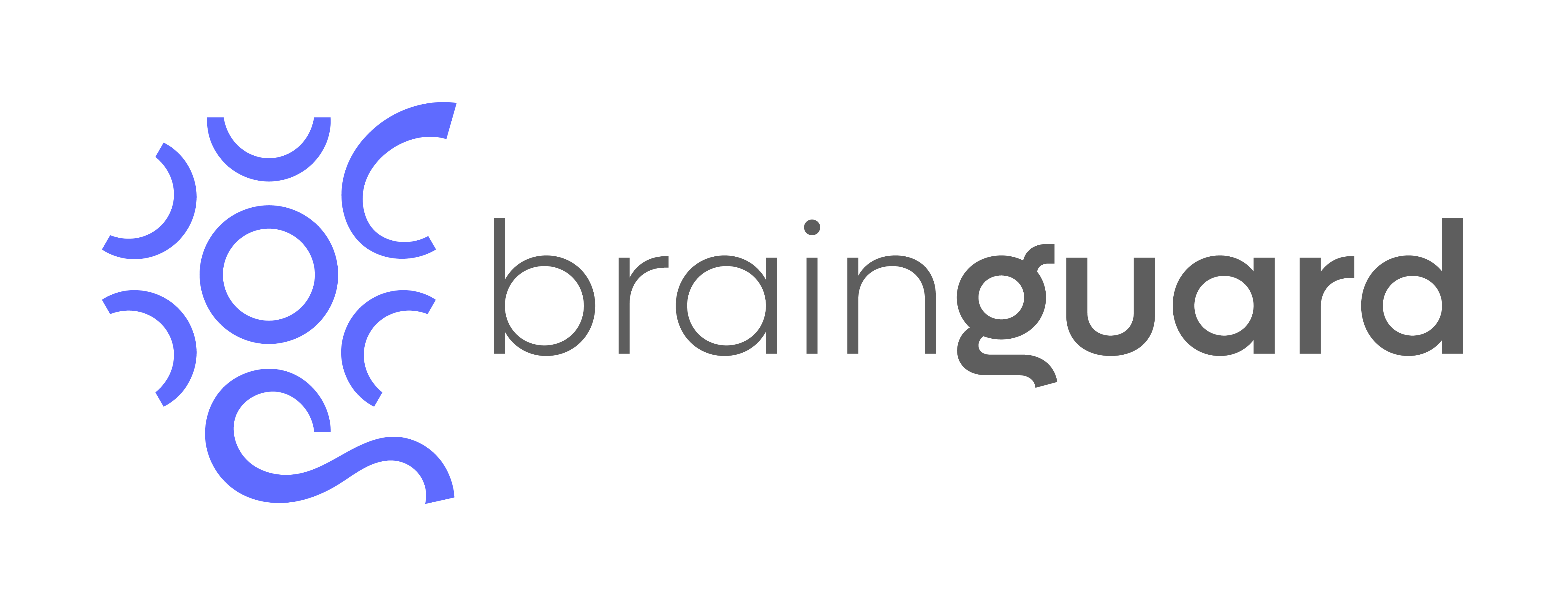Medicine has undergone many changes and has faced different challenges throughout its history. Some of these, motivated by the advances and developments brought by new technologies (such as the introduction of powerful medical imaging devices), but which patients feel passively. Other changes, however, have been proactively promoted by the patients themselves. Some examples are the creation and development of patient communities and other types of support groups. What do we expect from modern medicine?
What do we expect from modern medicine?
Involving patients in the medical care process is an added value. It is the patients who have a unique knowledge of their own state of health. This is the so-called “expert patient” theory, that is, a model of a patient who:
- he/ she knows himself better than a doctor,
- who has a tacit and implicit knowledge of his illness,
- that interacts more appropriately with the doctor and,
- participates in each step of the therapeutic process.
In fact, shared medical decisions have been shown to result in better therapeutic compliance and clinical outcomes.
The nP medicine
Over the years, various models of nP medicine have emerged (where n is a value between 0 and 6). Its evolution and characteristics can be summarized in the following table:
| Features | P0 medicine | P3 medicine | P4 medicine | P5 medicine | P6 medicine |
| Personalized | No | Yes | Yes | Yes | Yes |
| Predictive | No | Yes | Yes | Yes | Yes |
| Preventive | No | Yes | Yes | Yes | Yes |
| Participatory | No | No | Yes | Yes | Yes |
| Psico-cognitive | No | No | No | Yes | Yes |
| Public | No | No | No | No | Yes |
The medicine model 0P, strongly focused on the doctor, can be recognized as the dawn of medicine. Little by little, we evolved from a 0P medicine to a 3P medicine, a model defined as personalized, predictive and preventive. But this paradigm changes when we add a new feature: participatory. Participatory medicine is defined as “a model of health that encourages, facilitates and awaits the active involvement of all parties (doctors, patients, carers, administrators, payers and communities) in the prevention, management and treatment of the disease, and in The health promotion”. In fact, several terms have been used to define this paradigm: personalized medicine, precision medicine, and 4P medicine.
Unlike traditional medicine, the 4P model was considered visionary. However, this model does not pay attention to the psychological needs and values that make each individual unique. Thus, over time, several authors have suggested adding a fifth P (psycho-cognitive).
The current medicine
Currently, we are in a position to make 5P medicine reach the entire population in a democratic way, allowing the public sector to channel modern precision medicine to the entire population (what we call 6P medicine). For this, the modern technologies of the Internet of Things have eliminated borders, reduced costs, and converted a paradigm of revolutionary medicine into today’s practice. What is the next thing we expect from modern medicine?
